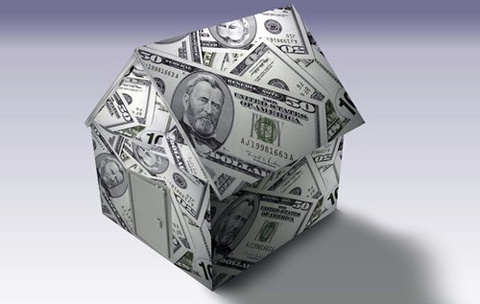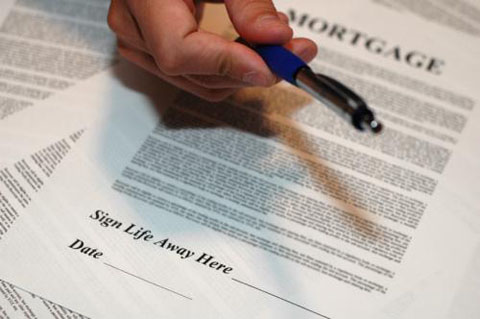While millions of US homeowners are refinancing in an effort to cut costs, there are a growing number who are building equity by raising their repayments.

Smart homeowners are taking the opportunity to refinance their mortgages and build equity. Courtesy of Home Mortgage Financing
It makes perfect sense if you can afford it, as some people are shaving several percent off their newly negotiated equity release interest rates, making it possible to pay down the principal owed much more quickly. In fact, paying down your mortgage more quickly can shave years of the length of the loan.
People choosing to do this are creditworthy homeowners with steady jobs, who have sufficient cash to lock into record low interest rates and shorten the length of their mortgages.
Others are choosing another option called 'cash in refinancing', which is where borrowers write a check at the closing to pay down the mortgage. This is a far more efficient way of using money than saving it in safe investments, and increasing numbers are taking this view.

Mortgage refinancing makes perfect sense according to economists. Courtesy of Local Win
According to data from CoreLogic Inc, the percentage of borrowers taking out 15 year mortgages in January increased to 29% from just 11% two years earlier. In January 2009, 30 year mortgages accounted for 80% of refinancing, but this year that figure reduced to 52%.
Applications for refinancing have increased by 36% since the beginning of 2011, according to figures released by the Mortgage Bankers Association Index, but the average weekly rate is around a third less than last year's rate, as millions of Americans are struggling to qualify for new loans.
A report on June 9 by the Federal Reserve showed that the average homeowner now has 38% equity in their property, which is the lowest level since World War II, while 28% have mortgages which are underwater.